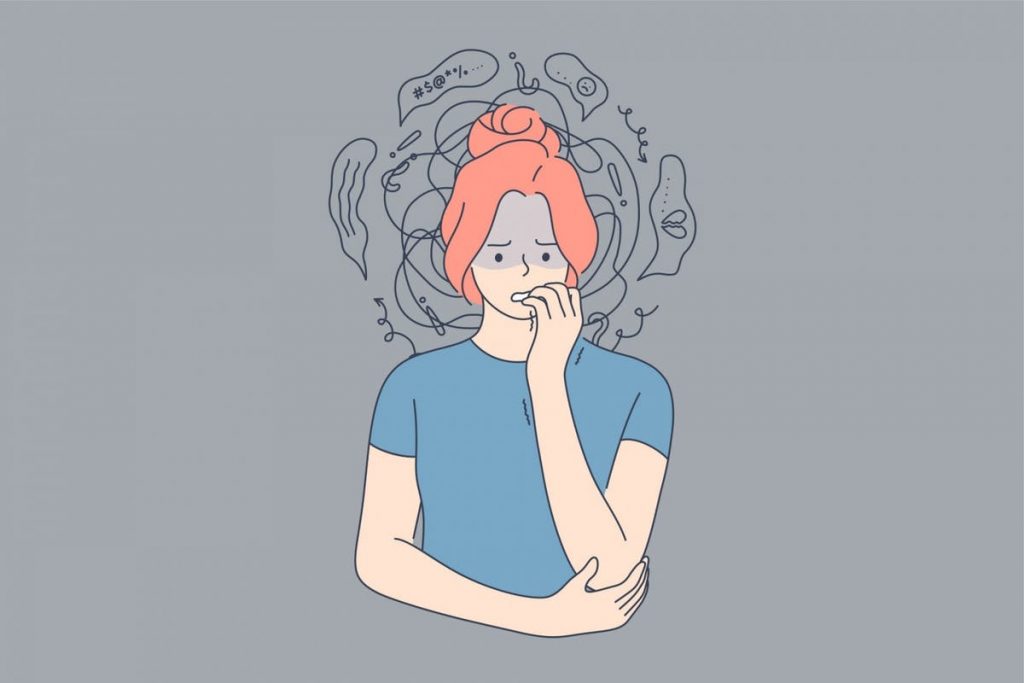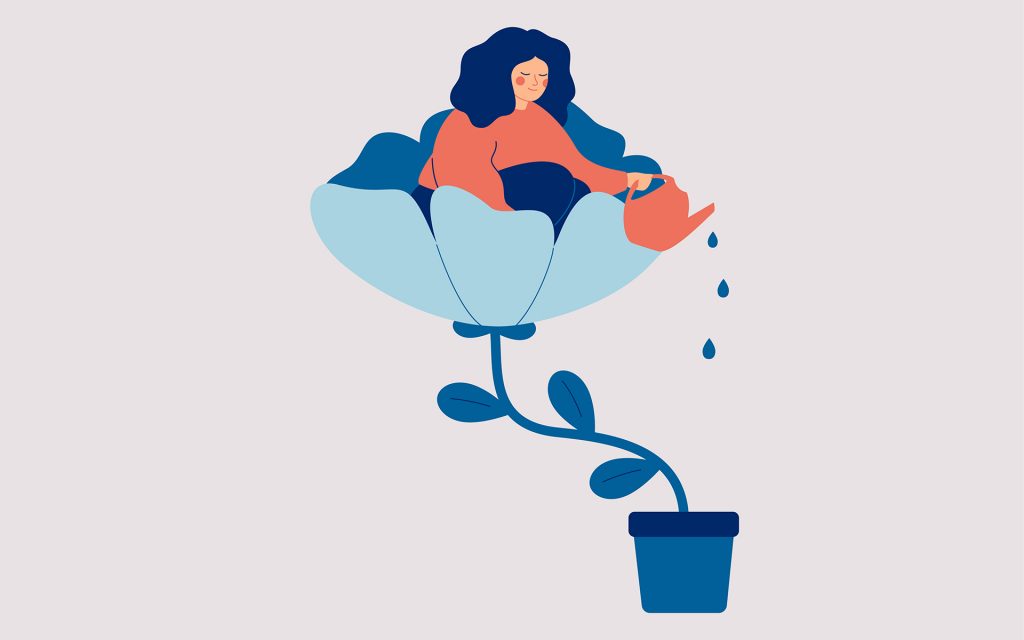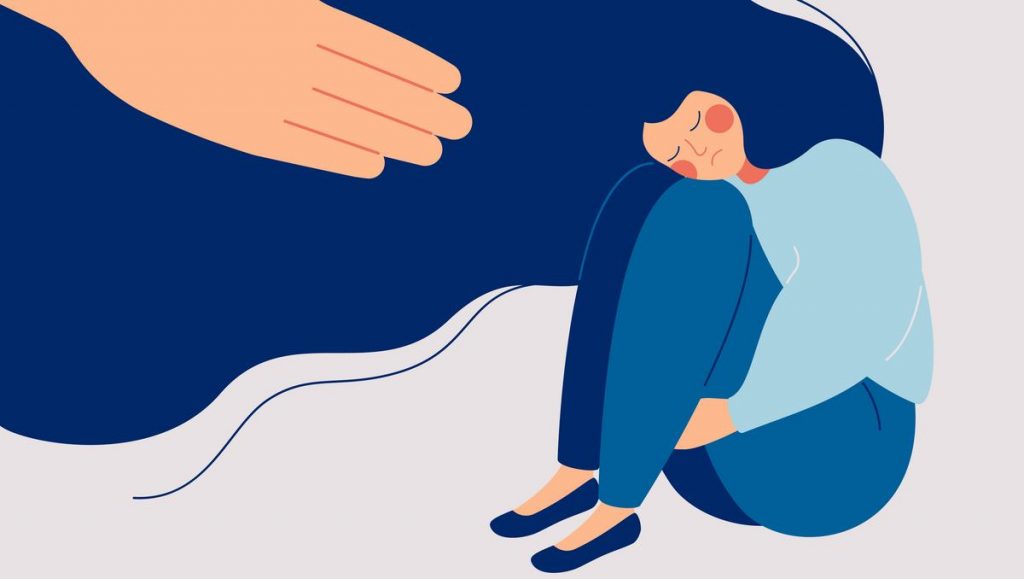It’s only natural that when we lose someone we love, the pain can seem unbearable. Grief is a complex journey and we all experience it in our own unique ways. For me, I went down a pretty dark path in the beginning and ended up being obsessed with death/dying and how people deal with it. I constantly wondered if I was grieving ‘healthily’, whatever that means.
Since then I’ve had plenty of opportunities to listen to other people’s experiences dealing with the loss of a loved one and realised that everyone deals with loss very differently. I once heard an American grief counsellor describe grief as;
Losing someone you love is like someone throwing a 50kg dumbbell at you. Although the weight stays the same, in time you’ll get stronger and carrying that weight will become more manageable.
And that’s exactly how it feels, at least for me personally. I’ve come to understand that grief is a lifelong journey, for some, it can be a lonely one and for others, there might be people who’ll join in along the way to help you carry that weight.
Around this time, I discovered the works of renowned Swiss-American psychiatrist Elizabeth Kübler-Ross who wrote about the 5 stages of grief in her book, On Death and Dying. Her observations after years of working with families with terminally ill individuals fascinated me and I would like to share that with you today.
Stage 1: Denial 🙅🏻♂️
Denial helps us minimise the sudden overwhelming pain of loss while we try to come to terms with our new reality. In my case, I found myself thinking this can’t possibly be true. I just saw my grandmother a few days ago, how can she be gone just like that? This doesn’t make any sense at all.

Stage 2: Anger 😡
While we adjust with life post-loss, it’s quite common for us to start feeling some very strong emotions and this includes anger. It can be directed towards someone else or even ourselves. For me, I chastised myself for not visiting my grandmother often enough and for not being there when she took her last breath.

Stage 3: Bargaining 🙇🏻♀️
Desperation starts to seep in and we find ourselves willing to do anything in order to alleviate the pain we’re facing. During my grandmother’s stay at the hospital, I remember praying for a miracle and that things would get better for her while making all sorts of promises to a higher power if she was saved.

Stage 4: Depression ☹️
Once everything is said and done, reality kicks in and we are forced to face our biggest fears head-on. When bargaining is no longer an option, we tend to fall into a state of depression. Immediately after my grandmother’s death, I withdrew from family and work. There was a long period of time when I would do nothing but dwell in my own sorrow.

Stage 5: Acceptance 🤲🏻
At this point, the pain is still very much present but we stop resisting the reality of our situation and arrive at a place of acceptance. It took me quite a while to get here but make no mistake, my grief lives on and will continue to accompany me for the rest of my life. But I’ve accepted that my grandmother is gone.

We’re curious whether you find this to be true when you dealt with your own loss, tell us how these 5 stages manifested for you in the comments. We’ll be back again soon with another post on ways to ease your grieving journey and how to support others while they grieve.
Bereev is a Death Preparation App that helps you prepare yourself and loved ones for your own death. Sign up for your FREE account here.
📝 Plan
Leave instructions for your funeral, financial and personal arrangements.
📂 Vault
Store vital documents like your will, insurance, medical records and more.
💌 Message
Leave messages for your loved ones which will be sent after you’re gone.
👥 Share
Invite the people you trust to view your plan and customise their access.
#death #deathplanning #deathapp #endoflife






